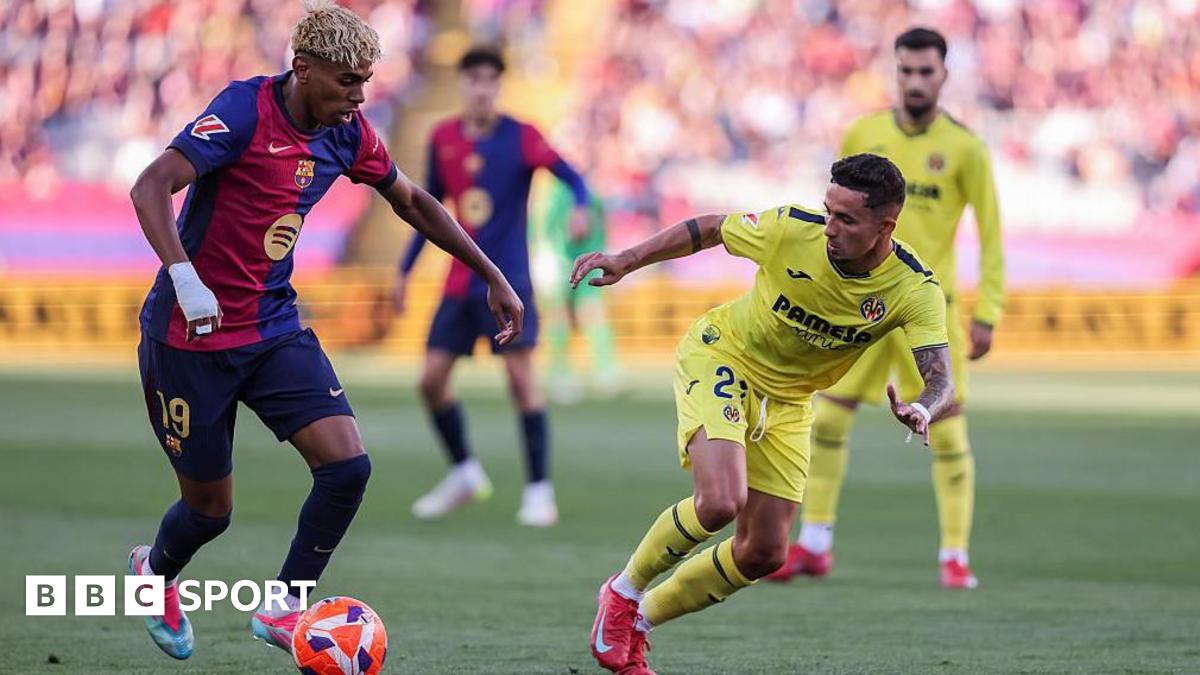Physical Address
304 North Cardinal St.
Dorchester Center, MA 02124
Physical Address
304 North Cardinal St.
Dorchester Center, MA 02124

When La Liga announced plans to stage a league fixture between Villarreal and Barcelona in Miami, it presented the idea as a bold step forward – one that would elevate the visibility of Spanish football, enhance the profile of its players, and strengthen the sport’s brand in a key international market.
The project, fully compliant with the regulations of the Federation and the integrity of the competition, is seen as a new front for a game that is looking for a global relevance.
But the controversy that followed shows how far Spanish football has come from speaking with one voice.
The way the cancellation was imagined left deep marks. Villarreal felt left out, saying the time had tarnished their image and the competition. “We found out 10 minutes before kick-off (in the Home Champions League Game against Manchester City),” a senior figure said.
Among the most vocal critics of the players themselves – who do not argue against the concept, but against the process. They have been asking for months how the logistics will work: will there be a 72-hour break between fixtures, as agreed? Does the insurance cover them abroad? What is the payment distribution?
When the answers did not come, the teams had symbolic protests. Their message is simple: Hear us.
Throughout Spain, opposition was quickly established. Many clubs expressed doubts, the media questioned the transparency and logic of the project, and details about how – or if the clubs will be paid are kept vague. Villarreal also stated publicly that they did not receive any money from the agreement, while Barcelona insisted that they were paid from the moment they boarded the plane in Miami.
Meanwhile, Real Madrid strengthened their opposition, filing a second complaint with the National Sports Council of Spain (Spain) to block the Miami match. The Club argued that playing a league game abroad would “violate fair competition”.
A new debate has begun. It is one thing to change the competition, another to make it useless or harmful – La Liga accepted the first proposal, but not the second.
In the midst of this legal and institutional Tug-of-war offered its support, while the government is wary of the maze, waiting to see how events unfold.
For La Liga, Villarreal and Barca, the refusal to progress represents more than a canceled match: it is a failure to build new revenue watches.
The league presents the project that aims to create long-term value for all stakeholders – clubs, players, and fans, and channels abroad. It emphasizes that international expansion remains essential to ensure the recovery of Football throughout the world.
The experiment in Miami shows that Spanish football, for all its talent and its ambition, is not yet ready to make that leap – to a future that is irresistible for some, and unstoppable for many.